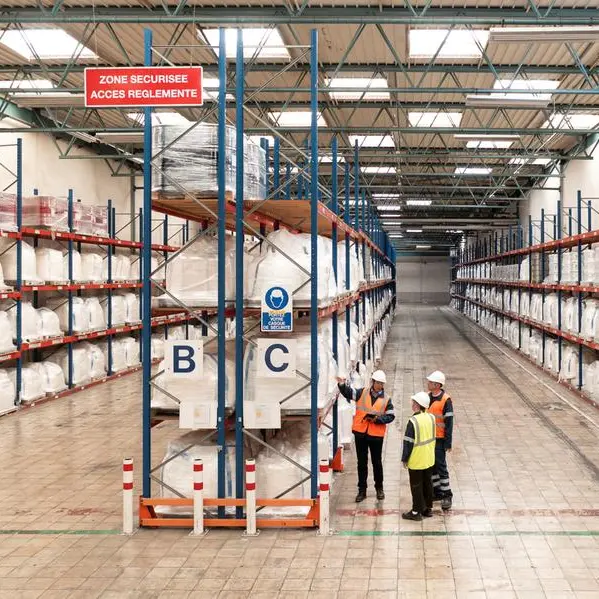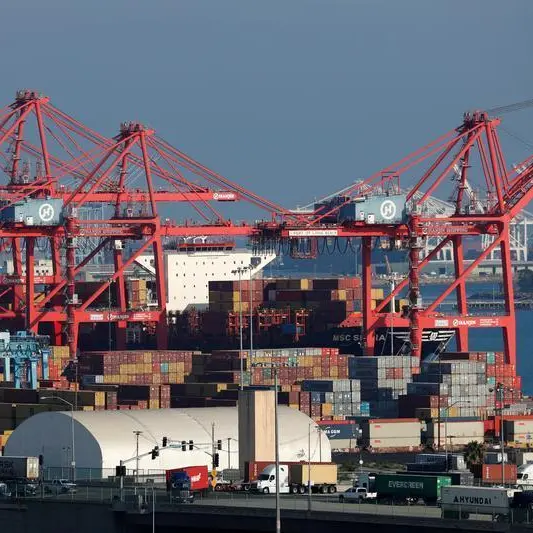In light of the recent events that have shaken the crypto world over the last few weeks, it is important to recognize that the role of centralised exchanges right now, first and foremost, must be to protect users. Measures must be maintained to keep user funds secure and prevent mismanagement, and exchange operations must be kept transparent. The good news is that there is a lot that can be done in these areas if players in the industry come together to rebuild trust in the crypto space.
To achieve this, there are six principles that a centralised exchange should adopt to ensure trust with users, regulators, and the wider community in a flourishing industry that is still in its infancy and has enormous potential for long-term growth.
Be risk averse with user funds
User funds must never be traded or invested and centralised exchanges must provide risk warnings proactively for users, so they understand the volatility across crypto.
Never use native tokens as collateral
Native tokens are exchange tokens that are created by the company that runs the exchange, and they play an integral role in the running of blockchains and ensuring strong foundations for them. A healthy native token is the lifeblood of a successful blockchain, and users need to be able to confidently depend on the native token their chosen blockchain relies on.
Share live proof of assets
The objective of this principle is to allow users to make informed decisions that are aligned with their financial goals. As part of an ongoing commitment to transparency and fostering trust in the ecosystem, centralized exchanges must start sharing details of key hot and cold wallet addresses, which Binance started doing in November 2022. It is important to call on the whole industry to do the same to ensure that we can demonstrate that a few bad apples do not represent the crypto industry.
Keep strong reserves
In addition to the disclosure of hot and cold wallet addresses, it is crucial for players in our industry to take additional steps to increase transparency of user funds. We recently shared our latest proof of reserves site update, which now shows the proof-of-reserves for BTC and includes an update using the Merkle Tree data structure for users to verify BTC holdings. It’s the first iteration of the feature, with verification for ETH, USDT, USDC, BUSD and BNB in the pipeline.
The new site is designed to show that Binance is holding users’ funds with reserves, ensuring customers’ funds are fully backed. We have also onboarded an independent third-party auditor - accounting firm Mazars - to validate the Merkle Tree data.
We also recently formed the Industry Recovery Initiative (IRI), an industry recovery fund to help Web3 projects who are otherwise strong, but in a liquidity crisis. So far, we have committed USD 1 billion to the fund and other fellow industry players – including Jump Crypto, Polygon Ventures, Aptos Labs, Animoca Brands, GSR, Kronos and Brooker Group - have confirmed they will also be participating with an initial aggregate commitment of around USD 50 million.
Strengthen & Enforce Security Protocols
Due to the fast-evolving nature of the crypto industry and project protocols, there is a need for our community to form a better coalition to agree on standards for the quality of security measures for exchanges and projects.
Firstly, a strong partnership with law enforcement is required to support investigations and recovery of stolen funds, and we need a better incubation program to equip new projects with appropriate security measures.
Secondly, we must also be prepared to make investments in on-chain analysis to fix weaknesses in existing models to ensure greater clarity of the complex flow of assets across the blockchain. This is an important issue to address to ensure transparency.
Finally, all exchanges should have strict Know-Your-Client (KYC) and Anti-Money Laundering (AML) measures in place.
Avoid excessive leverage
The high volatility levels in crypto make it unwise to take on debt to fund growth. Binance’s capital structure is debt free, and all centralized exchanges should aim to be equally fiscally conservative.
All players in this space have a responsibility to the people that decide to invest their hard-earned funds in crypto, and we must now take on the ever-crucial mission to prove to regulators and the community that users can and will be protected, that crypto has a promising future, and that a few bad actors are not emblematic of our industry.





















